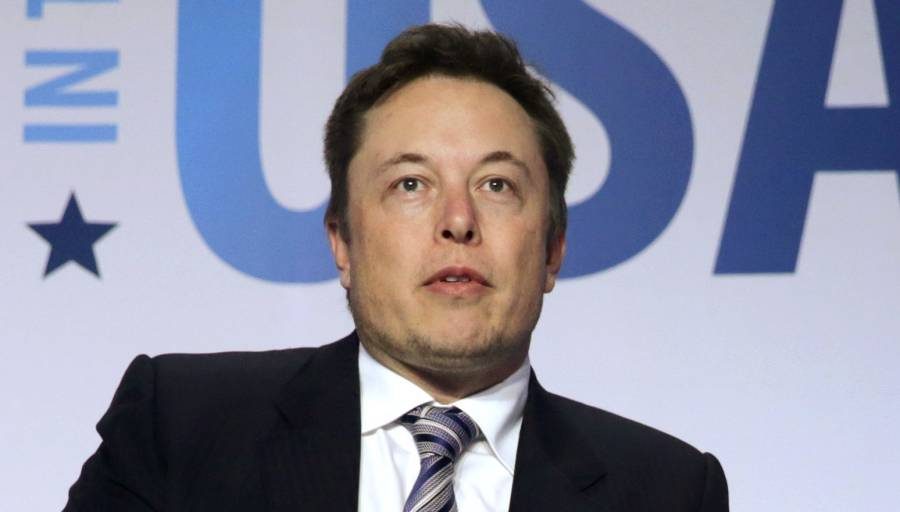On Monday 13, Elon Musk said implementing universal basic income (UBI) would be necessary sooner than later at the World Government Summit.
The Tesla executive believes automation will bring about a significant employment gap. As a result, countries will have to compensate those left without jobs with an economic support system that fulfills all basic needs.
Universal basic income is a solution to an issue foreseen since the industrial revolution, but nowadays more and more workers are seeing themselves displaced by machines capable of doing their job for a fraction of the cost.
UBI would make everything stable and cheaper
Elon Musk explained automation would increase the production of goods and services lowering the cost of most things for the end user. He added he was sure humanity was steering toward a universal basic income system.
The concept behind UBI paints a scenario where, although we have missed as much as half of the jobs currently performed by humans to robots, the costs of life will decrease, and humanity would then focus on moving forward to the next chapter of society.
Automation of production and distribution will translate into a higher supply at lower prices. Everything from food, passing through technology and gadgets, to services like running water and the Internet would cost less and be more abundant and efficient.
According to Musk, establishing a universal basic income system would foster creativity and innovation.
People would suddenly have time to dedicate themselves to study, learn, create, and break barriers without having to worry about money.
The professional market will get rowdy
With automation, Musk says there will be “fewer and fewer jobs” that machines cannot do better than us. This raises a new problematic in which humans would compete even more in the professional market to hold a steady position.
On top of that, the feasibility of implementing a platform that provides economic support to all citizens regardless of their employment status is troublesome, to say the least.
For starters, governments could only start conceiving universal basic income as a real thing only after automation proves to be self-sustainable enough that it provides sufficient wealth for the country to both subsist and pay citizens.
Then, there are the human elements that almost no one stops to consider, such as affective bonds between job and worker. Musk addressed this issue during his panel at the World Government Summit.
“THE MUCH HARDER CHALLENGE IS, HOW ARE PEOPLE GOING TO HAVE MEANING? A LOT OF PEOPLE DERIVE THEIR MEANING FROM THEIR EMPLOYMENT. SO IF THERE’S NO NEED FOR YOUR LABOR, WHAT’S YOUR MEANING?” said SpaceX’s CEO.
Some analysts suggest new technologies could take over as much as 50% of all jobs by 2030, replacing workers with fully automated production lines, artificial intelligence, and robots.
Source: Fast Company



